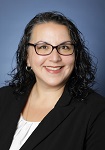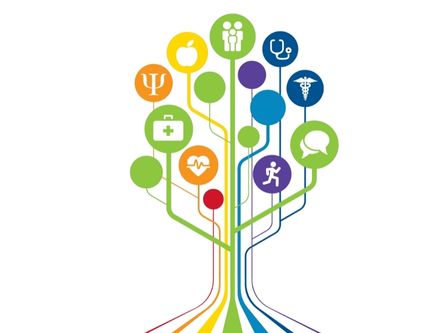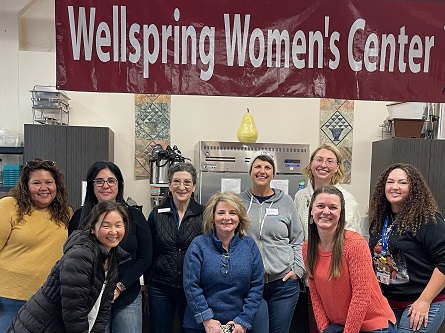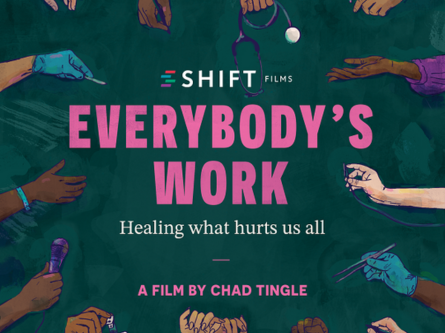
Written by Antionette Caruso (she/her), Co-Chair, Vice Chancellor’s LGBTQ+ Advisory Council & Improving OUTcomes Conference Planning Committee
Edited by Rebecca Jorrin, M.S. and Matthew St. Amant
As I was preparing to write this blog I thought back to when I first joined the efforts in addressing the institutional gaps for the LGBTQ+ patient community at UC Davis Health. I think back to the people that came before me – the staff leaders, faculty, students, and community members – that paved the way for UC Davis Health to be recognized as a healthcare institution that supports a person or patient for all that they are, that respects the whole person, and that allows for dignity and confidence, while reducing fear and anxiety when seeking healthcare services. I also reflected on what’s happening in our world right now, the disproportionate effects of COVID and now Monkeypox for our diverse populations and LGBTQ+ community, as well as the laws and policies that impact a womb-holders’ physical and mental health.
While UC Davis Health has certainly come a long way over the past decade, there is still work to be done – individually and as an organization. The policies and practices of an institution are just as important as the individuals providing care or performing associated duties. People sustain a culture created by and based on historical and antiquated policies and procedures, those same people can also activate and champion change – change to policies and procedures; change to the culture in the work and learning environments and how we interact with colleagues, patients, and community members, and change the ways we support and address the social determinants of health – and sustain a new institutional standard that promotes and supports diversity, equity and inclusion for every person. One relatively simple way of supporting inclusion is asking what name and pronouns a person uses and adapting your communication to respect and actively use the identified name and pronouns appropriately. If you would like more information on doing this, please review the recent virtual session recording of “Pronouns and Gendered Language” with Alexis Sanchez, Director of Advocacy & Training, Sacramento LGBT Community Center.
We invite and encourage all healthcare providers – clinicians, physician assistants, nurse practitioners, nurses, social workers, healthcare-related students, etc. – to invest in continuing education by joining us at the annual Improving OUTcomes Conference on October 7-8, 2022, this conference focuses on improving the health outcomes and clinical experiences of our LGBTQ+ community members. Additional free educational courses are also available through the UC Davis Medical Center’s Healthcare Equality Index designation by the Human Rights Campaign Foundation as the educational arm of the nation’s largest civil rights organization.
As an academic healthcare institution, we strive for diversity, health equity and inclusion excellence in what we teach and train healthcare providers to do to achieve the best quality care for our patients. We strive to support the local community and develop a diverse workforce that improves access points and eliminates barriers to healthcare services. We strive and stride towards changing the healthcare experience for our marginalized and minoritized community to improve health outcomes, and to recognize and appreciate the intersectionality of a person’s identity.
There have been and continue to be many efforts underway for UC Davis and UC Davis Health to better address the technology that drives some of our challenges through the Lived Name and Gender Marker Initiative and educational events for our internal workforce and community members organized by our PRIDE Employee Resource Group and the Vice Chancellor’s LGBTQ+ Advisory Council. If you’d like to get more involved in any of the groups, committees or councils identified above please email hs-hedi@ucdavis.edu for more information.





